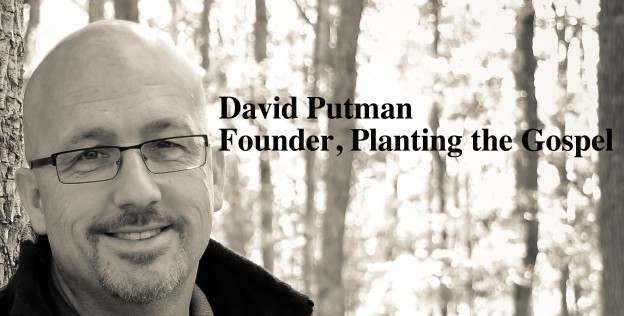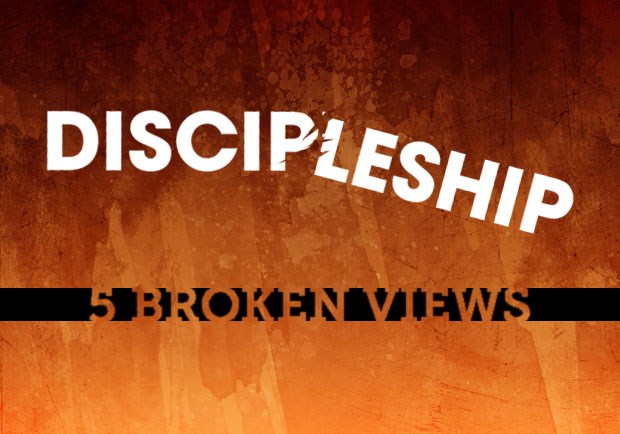The other day, I was talking to a young professional lady about where the things of God were in her life's story. Her answer to me was, "You know, that's just not on my radar." I thought about that a lot lately, and wondered why? Why isn't God on her radar?
So I got on the internet and googled "radars". This is what I found. I think we could apply it to discipling.
1) A Transmitter is required. YOU are the transmitter. You offer the life of Christ to another in the way you live before them and the way you lead them and do life with them. When you disciple, you transmit the life of Christ to another.
2) A Switch must be made. YOU have to switch from being self-focused to others-focused. This is at the core of a discipler, now looking to the interest of others.
3) A Close Proximity is required. YOU must be in close proximity to the one you disciple. And even if it cant be comepletely in bodily presence as often as you would like, there is a difference in being in bodily present and heart present. The closer you get, the easier the transmitter works. Think on that one!
4) A Receiver is required. The one you come alongside must be open to receive what you are transmitting. YOU cannot make another person receive what you transmit to them, but you can pray that she will. YOU can also create an environment for her to share her life with you in reciprocated friendship and learning.
As the transmitter and receiver go back and forth, they create something that can be translated to reveal something useful. Think about that as in a discipling arena: as you both discuss and learn from each other, with each successive time together, principles, purposes, promises and more will develop that can be useful in your lives. Christ is being formed in YOU!!! Christ is being formed in the one your disciple!!!
You want to get Christ on another's radar?
Be a transmitter, flip the switch, get close, and pray for the receiver!
Would you transmit this message? Share it on facebook, twitter, or email right now!!!
Have a great week!
Written by Jena Forehand, Author of Living Deeper: Women helping women walk with God. To find out more, click here




